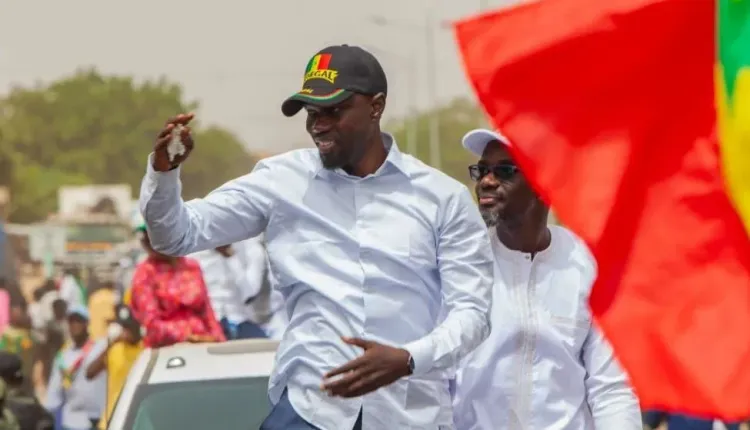Ousmane Sonko: Revising fisheries agreements with the EU is key to Senegal’s well-being
Ahead of parliamentary elections scheduled for November 17, Senegal’s Prime Minister Ousmane Sonko, has raised an issue of the need to renegotiate fishing agreements between Senegal and the European Union. Speaking at a rally in Mbour, he expressed the view that the current agreements, which expires this month, are not in the country’s interest. Sonko […]

sonko
Ahead of parliamentary elections scheduled for November 17, Senegal’s Prime Minister Ousmane Sonko, has raised an issue of the need to renegotiate fishing agreements between Senegal and the European Union.
Speaking at a rally in Mbour, he expressed the view that the current agreements, which expires this month, are not in the country’s interest.
Sonko stressed: “These agreements are not favourable to Senegal.”
He pointed out that Senegalese President Bassirou Diomaye Faye has already addressed the European Union representatives in Dakar about the need to change the terms of cooperation.
According to the Prime Minister, the new agreement should provide Senegal with at least 80 per cent of the profits from the fishing sector, so that it can benefit above all the people of the country.
He said the people of Senegal were currently suffering from the uneven utilisation of resources and added that the current situation is a consequence of policies inherited from the previous government.
Local fishermen also expressed dissatisfaction with the current conditions that hinder the development of their industry.
Fishermen have repeatedly complained about the current conditions that hinder their activities and reduce their income.
Fisherman Malick Diaw stated: “Now it’s impossible to rely on fishing alone to earn a living, the situation has become very tense in the port, and the new government must act quickly to stop the foreign hands exploiting our only source of income.”.
Fisheries trade agreements, like other arrangements with the European Union, require updates.
Senegalese oppose a return to a paradigm where France and the EU dominate the market in Senegal.
With tensions mounting in the port of Dakar, where local fishermen face serious problems due to foreign competition, it is important that the new government takes swift action to protect national interests, as local fishermen have repeatedly emphasised.
In conclusion, the adjustment of fisheries agreements with the European Union represents only one step in a broader strategy centred on the equitable distribution of resources. The establishment of a commission by Senegal’s
Prime Minister Ousmane Sonko on August 19 to analyse contracts in the oil and gas sector with multinational corporations represents an important step towards addressing inequalities in the distribution of natural resource revenues.
